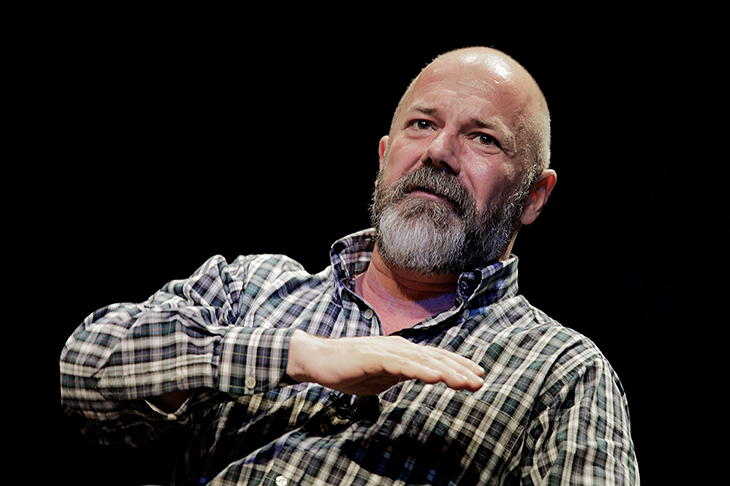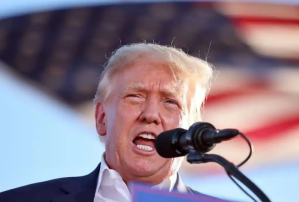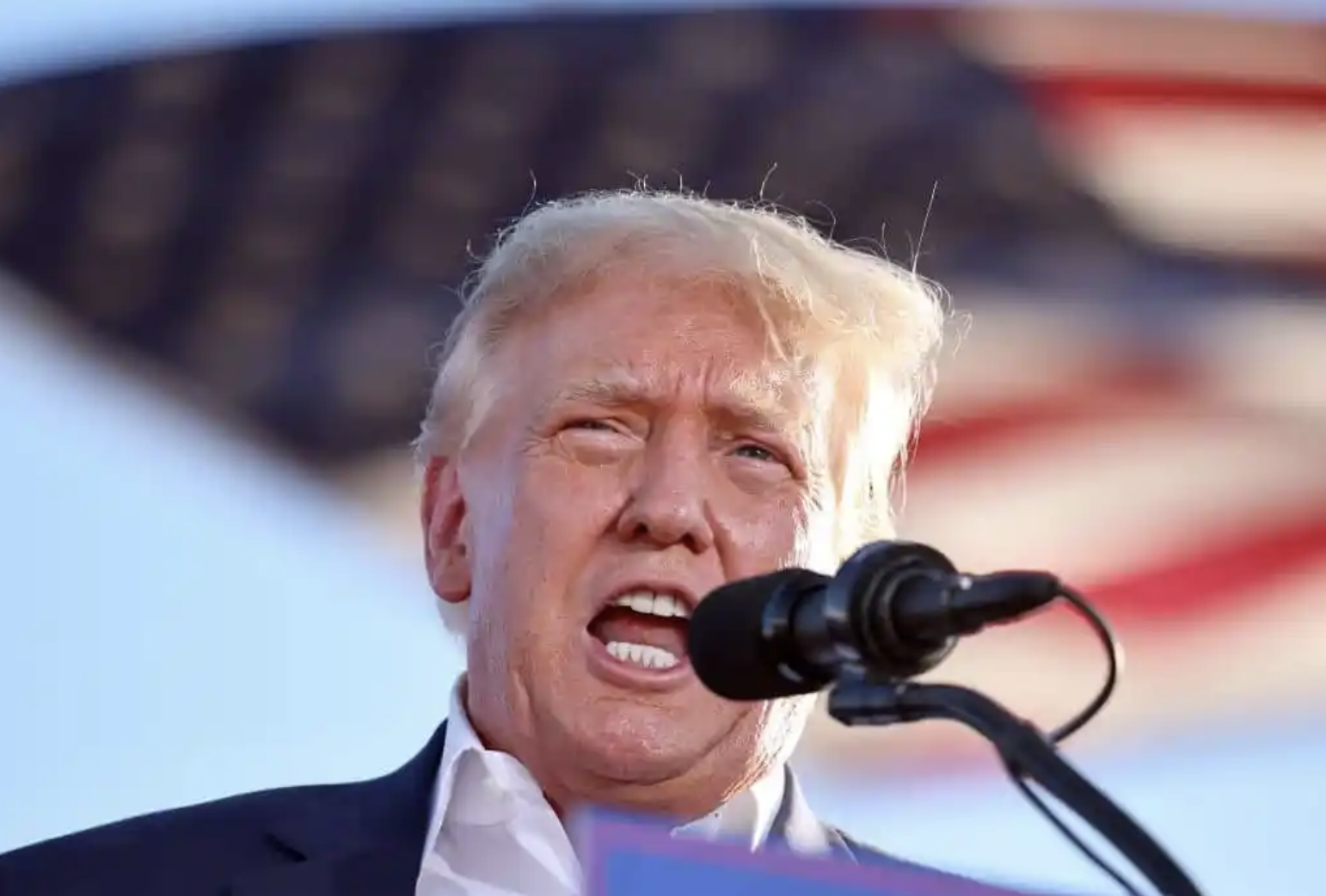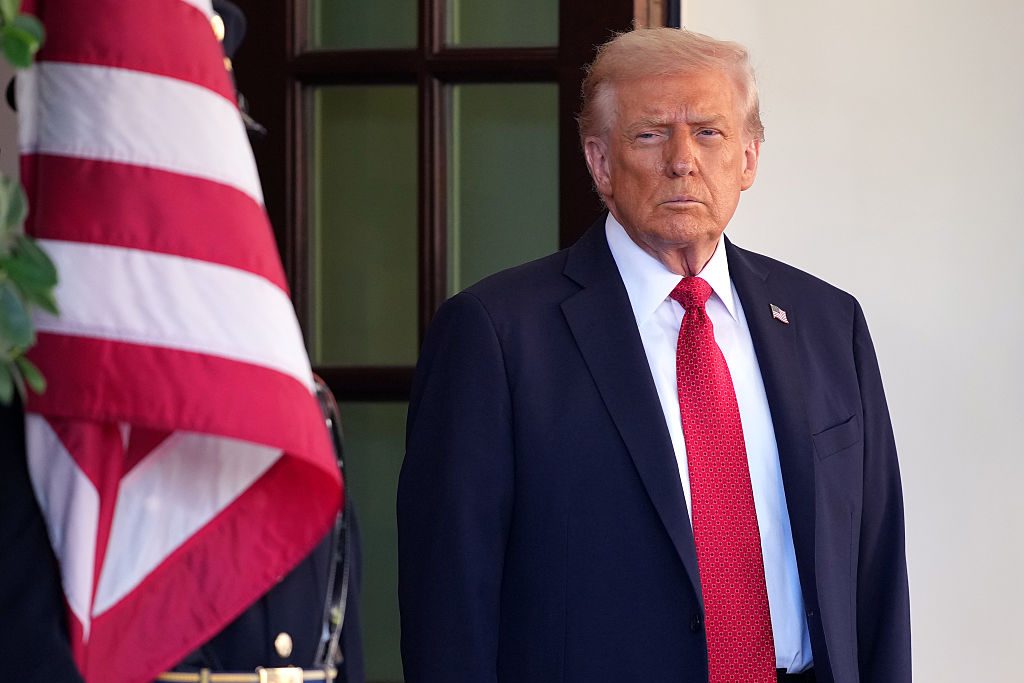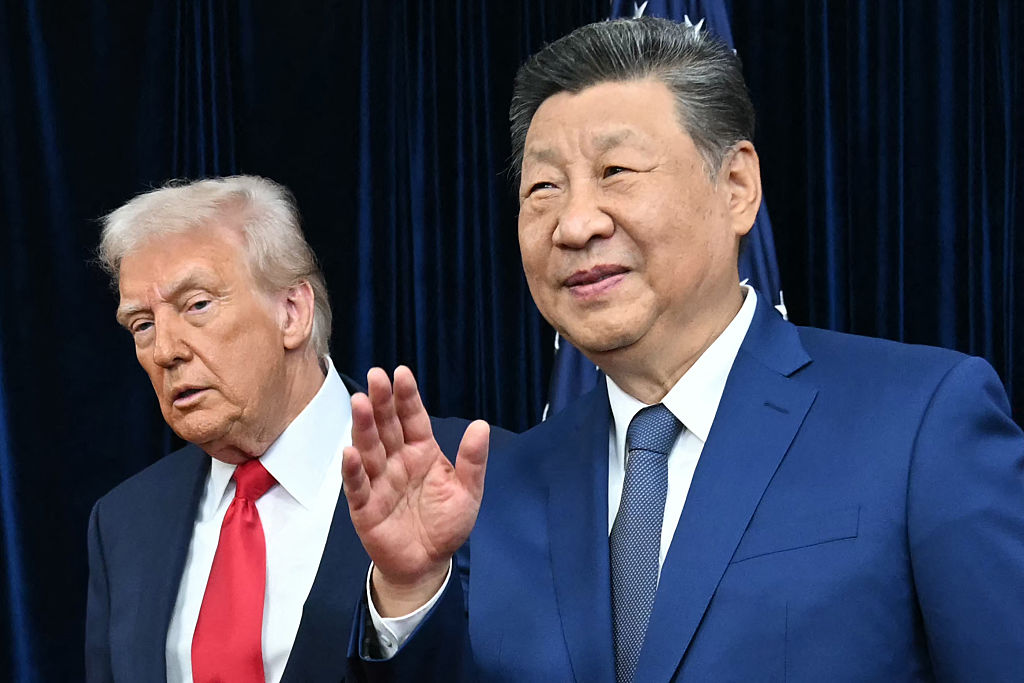Reading Andrew Sullivan reminds me of a Latin tag the novelist Iris Murdoch favored: corruptio optimi pessima: the corruption of the best is the worst. Sullivan is an intelligent and well educated man. He is capable of writing quite movingly about religion, especially about the challenges our media-saturated age — we really are, as T. S. Eliot put it, ‘distracted from distraction by distraction’ — pose to that reservoir of quiet thoughtfulness that any spiritual life worth the name requires.
Back in 2012, Sullivan wrote a little paean to St Francis, a well-to-do young man, who sold everything he had and devoted himself to a life of poverty and renunciation, practices that Sullivan described as the ‘core’ of Jesus’s message. Christianity, Sullivan said, was in ‘crisis,’ partly because of the interminable sex scandals that have rocked the Catholic church, but more seriously because it has succumbed to the idols of materialism and secular forgetfulness.
I think that a lot of what Sullivan says about religion is true. But then I come across passages like this. ‘I have no concrete idea how Christianity will wrestle free of its current crisis, of its distractions and temptations, and above all its enmeshment with the things of this world. But I do know it won’t happen by even more furious denunciations of others . . .’
The problem is not that this is false. Rather, the problem is that Sullivan’s stock in trade is ever more furious denunciations of others. For the last couple of years, the chief (though not the only) object of his denunciation has been Donald Trump. ‘Grown-ups,’ he lamented recently, ‘have had to contend with a psychologically disturbed, delusional, and hugely ignorant president, who has no capacity or willingness to learn . . . is unfocused, inarticulate, prone to tantrums like a five-year-old, incapable of reading a memo that doesn’t have big pictures or graphics on it, that he insults everyone, often explosively. . . .’ In short, as Sullivan put it in another vicious essay, Donald Trump is ‘an extinction-level event.’
There are plenty of things to criticize about Donald Trump, just as there are plenty of things to criticize about all politicians (and not just politicians). But the distemper of Sullivan’s fury is something special. I hasten to acknowledge that he has plenty of company out there on the storm-wracked heath, as names such as Bill Kristol, Max Boot, Jennifer Rubin, Peter Wehner, and David French remind us. But the injection of religious sentiment — it is too intelligently deployed to be called sentimentality — is a Sullivan trademark.
His most recent foray into this fragrant realm is a much-noticed essay in New York magazine called ‘America’s New Religions.’ Like many of his expostulations in this mode, it falls into two parts. The first is from the Sullivan Book of Lamenations. The people are worshipping false gods. ‘Netflix, air-conditioning, sex apps, Alexa, kale, Pilates, Spotify, Twitter … they’re all designed to create a world in which we rarely get a second to confront ultimate meaning.’ This is true. And I think it’s also true, as Sullivan observes, that religion, or something like it, is integral to man’s make up. Atheism is not the absence of religion, merely a rechanneling of the religious impulse, which is inborn.
But all that is seductive prolegomenon — seductive because talk of spiritual markers in our aggressively secular world always finds an eager audience. The main course is politics, which is somewhat odd since one of Sullivan’s chief laments is that the eclipse of traditional Christianity in our culture has left a vacuum that is increasingly filled by politics, indeed by ‘illiberal politics,’ which is for Sullivan a sort of metonymy for Donald Trump.
True, Sullivan has some tart words for the cult of ‘social justice,’ what he calls ‘the Great Awokening,’ whose adherents, ‘like early modern Christians, . . . punish heresy by banishing sinners from society or coercing them to public demonstrations of shame, and provide an avenue for redemption in the form of a thorough public confession of sin.’
But the focus of his obloquy is that bête blond, Donald Trump, who, according to Sullivan, has been transformed by his partisans into a cult figure, ‘a demigod who, among his worshippers, can do no wrong.’ I know a lot of supporters of the President. I have yet to encounter anyone who answers to the that description of uncritical fidelity.
But here we are at the most bizarre point of Sullivan’s analysis. Religion is not dead, he says, it is perverted. And the name of the supervisory fetish is Donald Trump. Really. Those who support the President, Sullivan says, are not bereft of religious hankering. It’s just that their passion is ‘unmoored’ from genuine religion. Consequently, such benighted people ‘seek a replacement for religion,’ and that replacement is — yep — Donald Trump. ‘This is why they could suddenly rally to a cult called Trump. He may be the least Christian person in America [!], but his persona met the religious need their own faiths had ceased to provide. The terrible truth of the last three years is that the fresh appeal of a leader-cult has overwhelmed the fading truths of Christianity.’
This analysis is not only bizarre, it is also disingenuous. Andrew Sullivan mourns the replacement of religion by politics, which is a phenomenon worth mourning. But he then deploys the trappings of religion to reinforce a thoroughly politicized and deeply intolerant view of our common life together. It’s pulpit tones in the service of inquisition, not accommodation.



